
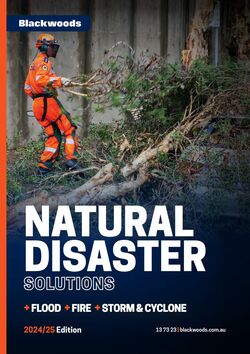

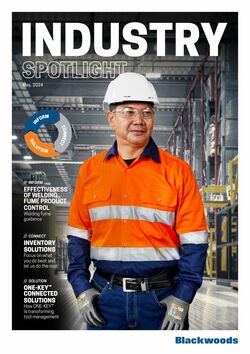
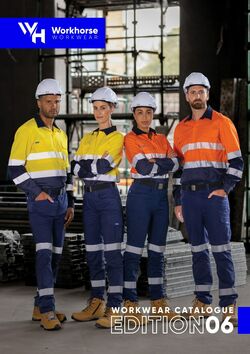
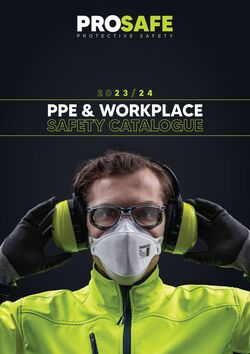
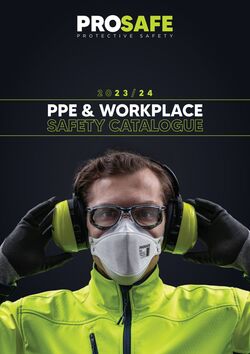
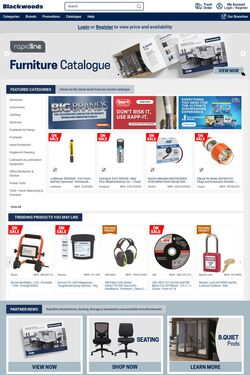
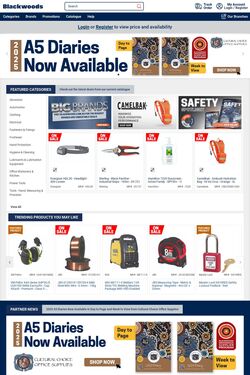
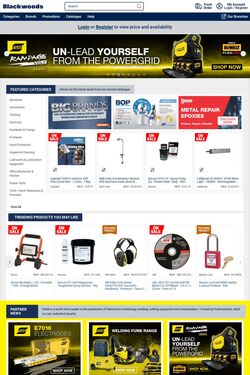
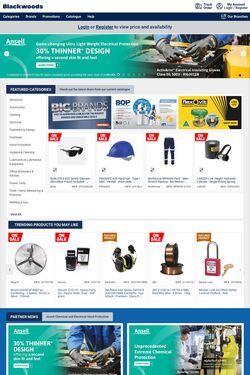
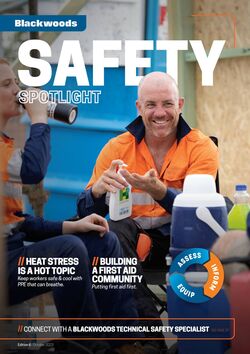
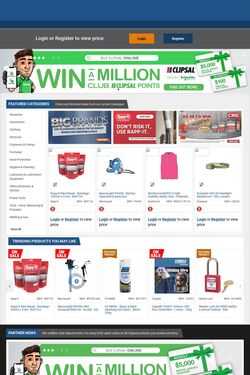
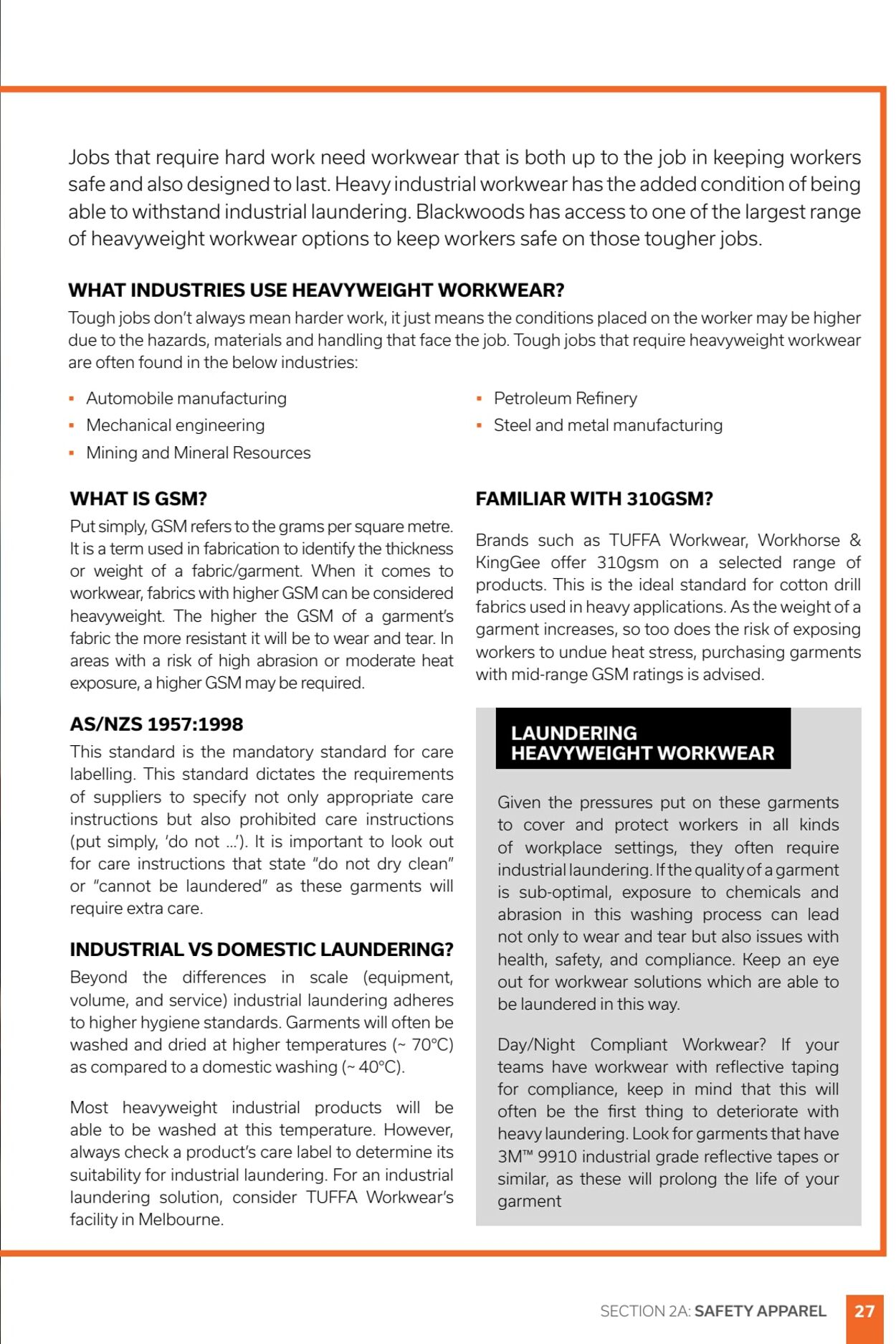
Products in this catalogue
Jobs that require hard work need workwear that is both up to the job in keeping workers safe and also designed to last. Heavy industrial workwear has the added condition of being able to withstand industrial laundering. Blackwoods has access to one of the largest range of heavyweight workwear options to keep workers safe on those tougher jobs. WHAT INDUSTRIES USE HEAVYWEIGHT WORKWEAR? Tough jobs don't always mean harder work, it just means the conditions placed on the worker may be higher due to the hazards, materials and handling that face the job. Tough jobs that require heavyweight workwear are often found in the below industries: » Automobile manufacturing » Mechanical engineering * Mining and Mineral Resources WHAT IS GSM? Put simply, GSM refers to the grams per square metre. Itis a term used in fabrication to identify the thickness or weight of a fabric/garment. When it comes to workwear, fabrics with higher GSM can be considered heavyweight. The higher the GSM of a garment's fabric the more resistant it will be to wear and tear. In areas with a risk of high abrasion or moderate heat exposure, a higher GSM may be required. AS/NZS 1957:1998 This standard is the mandatory standard for care labelling. This standard dictates the requirements of suppliers to specify not only appropriate care instructions but also prohibited care instructions (put simply, ‘do not ..’). It is important to look out for care instructions that state “do not dry clean" or "cannot be laundered” as these garments will require extra care. INDUSTRIAL VS DOMESTIC LAUNDERING? Beyond the differences in scale (equipment, volume, and service) industrial laundering adheres to higher hygiene standards. Garments will often be washed and dried at higher temperatures (~ 70°C) as compared to a domestic washing (~ 40°C). Most heavyweight industrial products will be able to be washed at this temperature. However, always check a product's care label to determine its suitability for industrial laundering. For an industrial laundering solution, consider TUFFA Workwear’s facility in Melbourne. = Petroleum Refinery » Steel and metal manufacturing FAMILIAR WITH 310GSM? Brands such as TUFFA Workwear, Workhorse & KingGee offer 310gsm on a selected range of products. This is the ideal standard for cotton drill fabrics used in heavy applications. As the weight of a garment increases, so too does the risk of exposing workers to undue heat stress, purchasing garments with mid-range GSM ratings is advised. ee yale) HEAVYWEIGHT WORKWEAR Given the pressures put on these garments to cover and protect workers in all kinds of workplace settings, they often require industrial laundering. Ifthe quality of agarment is sub-optimal, exposure to chemicals and abrasion in this washing process can lead not only to wear and tear but also issues with health, safety, and compliance. Keep an eye out for workwear solutions which are able to be laundered in this way. Day/Night Compliant Workwear? If your teams have workwear with reflective taping for compliance, keep in mind that this will often be the first thing to deteriorate with heavy laundering. Look for garments that have 3M™ 9910 industrial grade reflective tapes or similar, as these will prolong the life of your garment SECTION 2A: SAFETY APPAREL
| Name | Details |
|---|